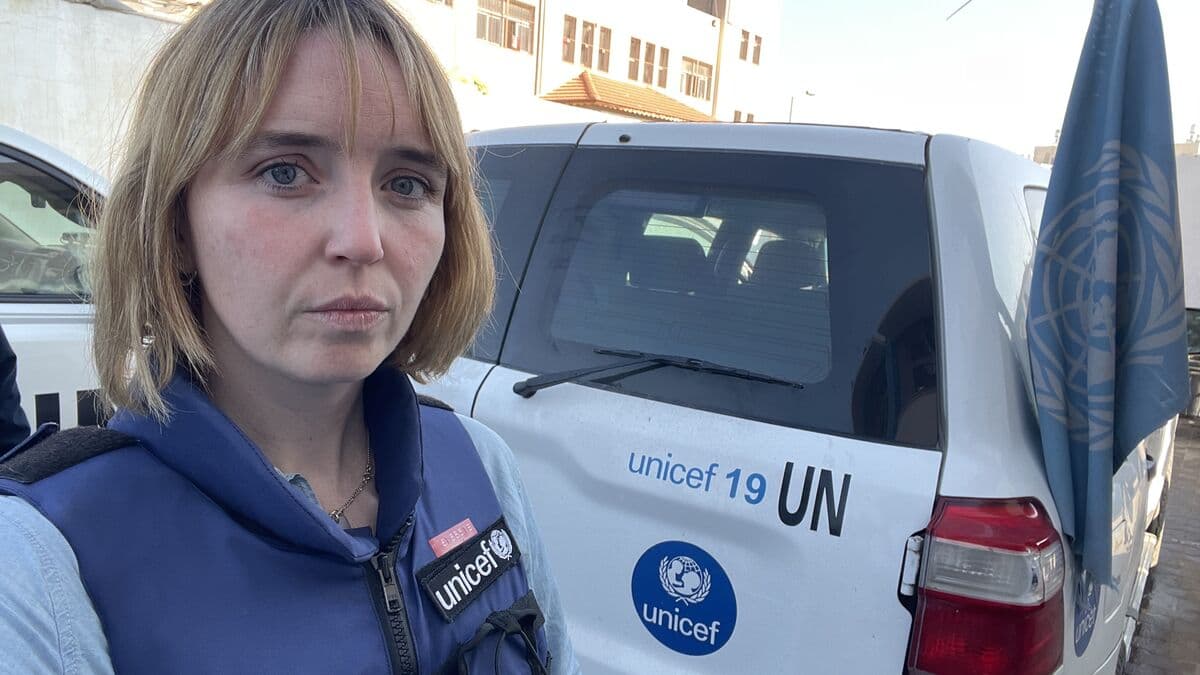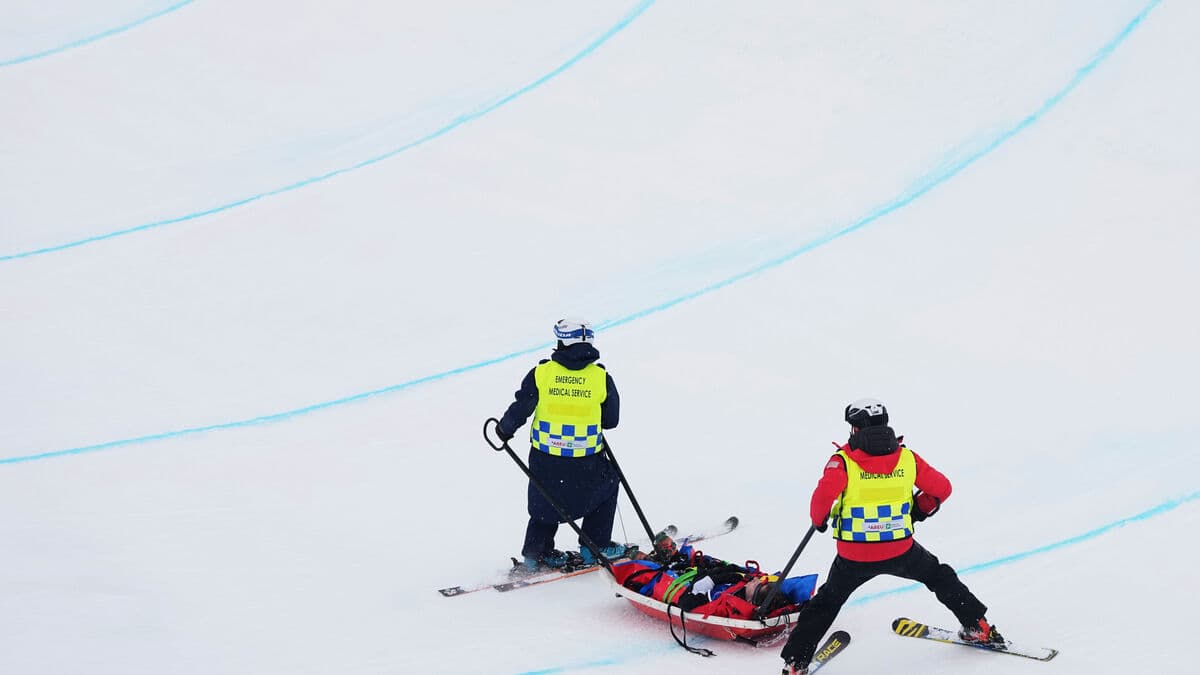The news of the ceasefire has been met with enormous relief in Gaza.
People tell me that "finally we have peace, I have survived, I made it". But then it is quickly followed by other reactions, above all the realization that the ceasefire does not mean that the trauma disappears, that the famine is over or that the suffering has stopped. People continue to struggle every day, says the UN agency Unicef's spokesperson Tess Ingram, to TT.
She is in Dayr al-Balah. On Tuesday, she visited a previously lively residential area in eastern Gaza City, where a man was shoveling debris from what was the family's home.
His wife told me that she has lived the last two years in constant fear but that she now feels a different kind of fear: that the water truck came yesterday but may not come today and maybe not the day after that.
Advertisement
The mother of six also spoke about the lack of medicine and that a son had walked for hours to find ingredients to bake bread.
It's a type of story that is heard constantly when I talk to people now. They feel relief but also a new kind of worry, says Tess Ingram.
Fewer obstacles
The aid work that Unicef and other organizations carry out in Gaza has been met with fewer obstacles since the ceasefire came into force. Now they can move freely in more areas without coordinating with Israeli authorities, and thus reach out with help to more people.
But the organizations are also faced with new challenges because around 300,000 Palestinians in recent days have moved from southern to northern Gaza. This means that it is difficult to reach out with aid to the places where it is most needed.
The cold is coming
Winter is approaching inexorably. Now one of the most important efforts is to ensure that the population can withstand the cold in the coming months.
Nine out of ten homes in Gaza have been damaged or destroyed. People are returning to nothing and need somewhere to sleep. We are bringing in tents and tarps so that people can get shelter, they also need blankets because it gets cold.
There is also a shortage of warm clothing and many children are walking around without shoes in the dangerous rubble. The fact that the ceasefire is now holding is crucial for being able to help, says Ingram.
This is the opportunity we have been waiting for to really increase the volume of supplies that come in. Hundreds of trucks every day are part of the agreement, so that's our hope for the near future.
Advertisement






